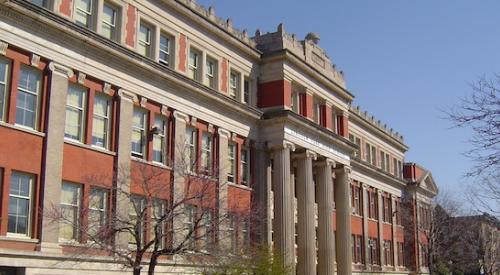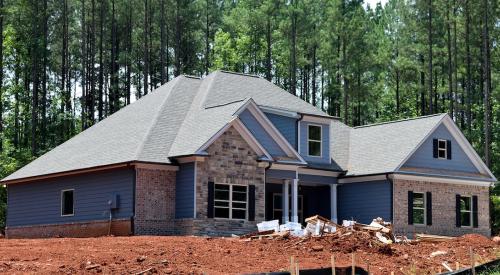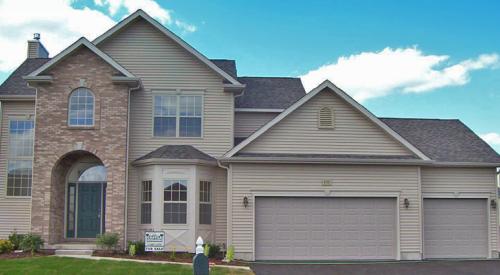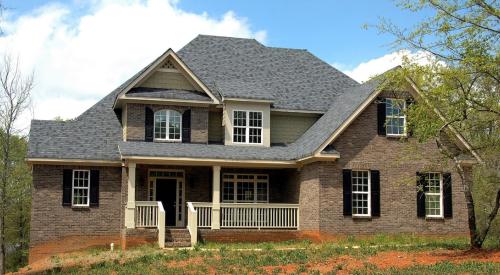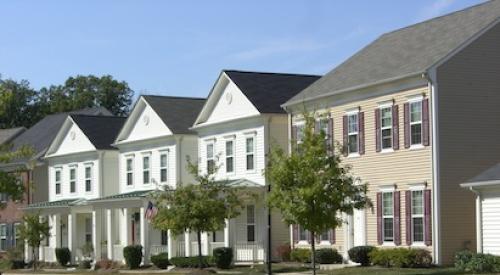As real estate in California continues to skyrocket in value, homeowners who have stayed put for years are saving big bucks in property taxes.
Trulia examined the winners and losers of Prop 13, a law enacted in 1978 that cut property tax rates to 1 percent of home value and capped annual appreciation of the home for tax purposes at 2 percent. In 2015, homeowners saved approximately $12.5 billion in property taxes due to the law.
Longtime homeowners in expensive areas benefit the most. For example, if someone buys a home at $100,000, he or she will have a property tax bill of $1,000. After 20 years of appreciation, the cap ensures that the owners will only have a property tax of $1,486, even though the house could be worth $600,000.
Factoring in price appreciation, new housing stock, and shares of longtime residents, Prop 13 has worked out so that more affluent areas have a lower effective tax rate, while less wealthy communities, or those with more new housing, have higher tax rates.
What does this all mean for property taxation and policy in the Golden State? From a taxation perspective, it means that new homeowners in California are taxed disproportionately higher than existing residents. It also shows there is geographic disparity in who benefits from Prop 13. … We unfortunately don’t think these findings matter much for policy. Homeowners won’t likely increase what is arguably their second largest tax bill through referendum and, as a result, politicians would also be unlikely to touch the property tax third rail through legislation.
